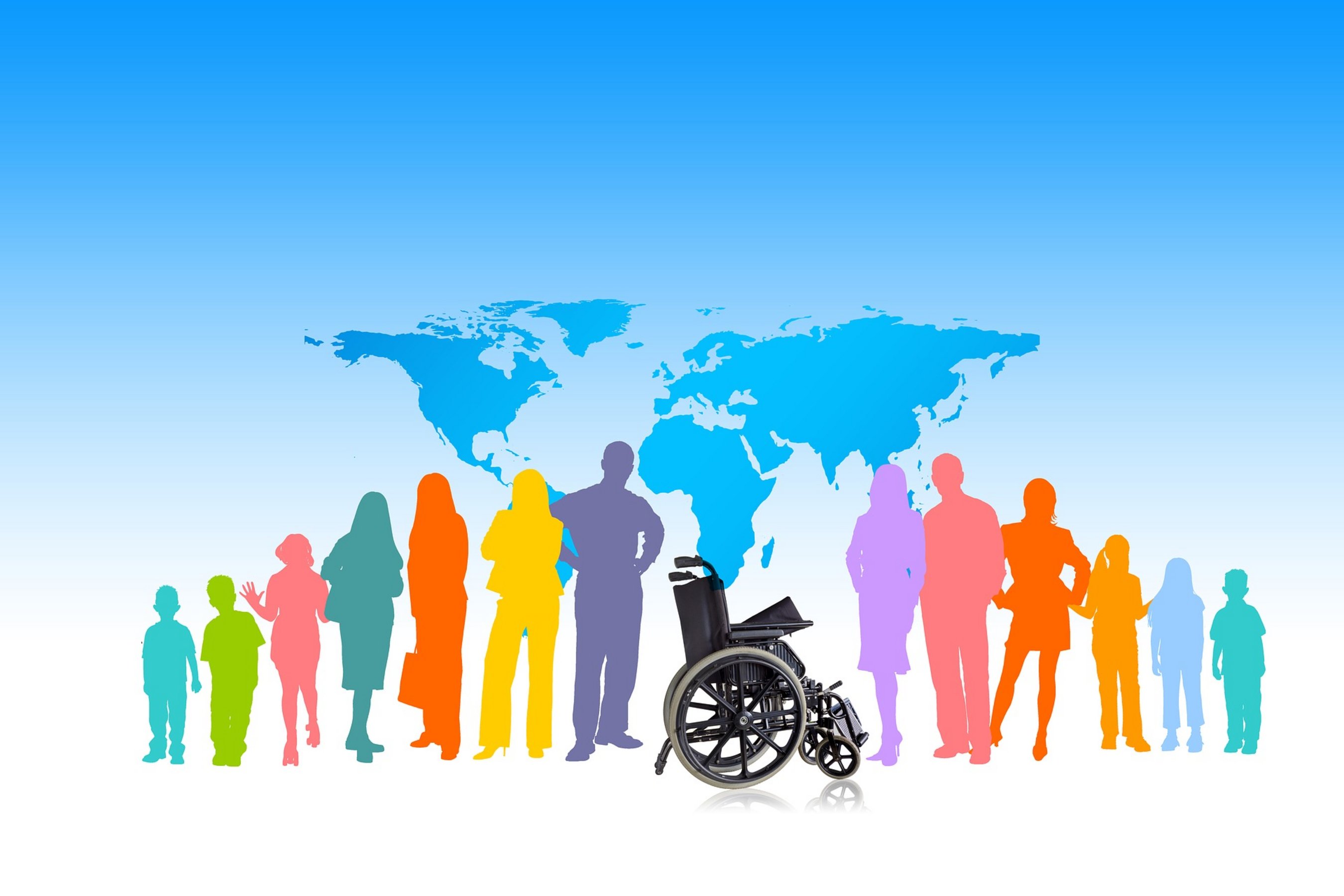Inclusion in the workplace: diversity as an opportunity
Inclusion in the workplace is becoming increasingly important. The STIWA Group is actively committed to ensuring that all employees can participate in working life on an equal footing, regardless of their individual needs or limitations. But what does inclusion mean in concrete terms at STIWA? Five of our employees share their experiences and thoughts on this topic.





